The majority of neuropsychological tests used to evaluate attention processes in children lack ecological validity. The AULA Nesplora (AULA) is a continuous performance test, developed in a virtual setting, very similar to a school classroom. The aim of the present study is to analyze the convergent validity between the AULA and the Continuous Performance Test (CPT) of Conners. The AULA and CPT were administered correlatively to 57 children, aged 6-16 years (26.3% female) with average cognitive ability (IQ mean = 100.56, SD = 10.38) who had a diagnosis of attention deficit/hyperactivity disorder (ADHD) according to DSM-IV-TR criteria. Spearman correlations analyses were conducted among the different variables. Significant correlations were observed between both tests in all the analyzed variables (omissions, commissions, reaction time, and variability of reaction time), including for those measures of the AULA based on different sensorial modalities, presentation of distractors, and task paradigms. Hence, convergent validity between both tests was confirmed. Moreover, the AULA showed differences by gender and correlation to Perceptual Reasoning and Working Memory indexes of the WISC-IV, supporting the relevance of IQ measures in the understanding of cognitive performance in ADHD. In addition, the AULA (but not Conners’ CPT) was able to differentiate between ADHD children with and without pharmacological treatment for a wide range of measures related to inattention, impulsivity, processing speed, motor activity, and quality of attention focus. Additional measures and advantages of the AULA versus Conners’ CPT are discussed.

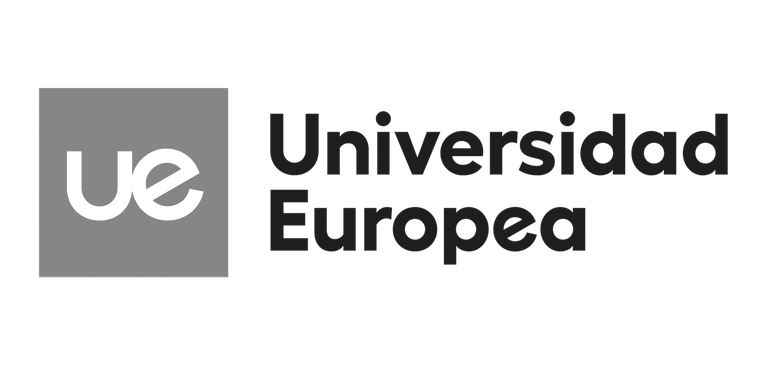


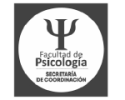



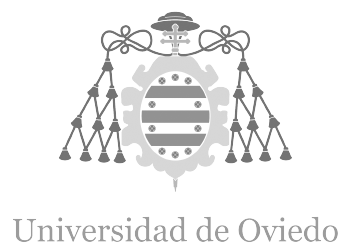
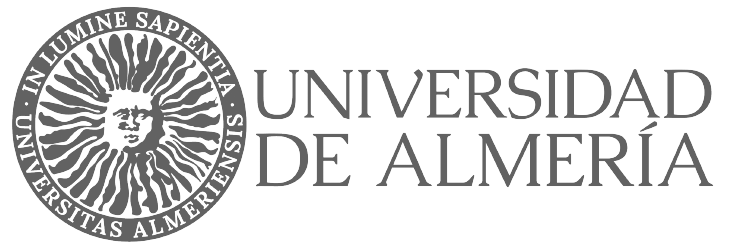
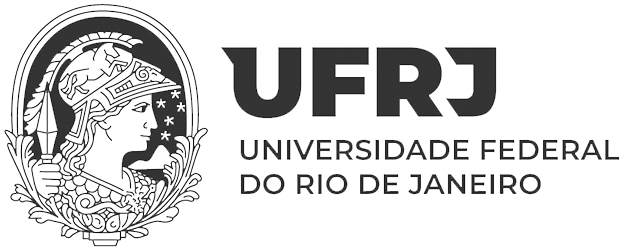

Este proyecto ha recibido financiación de la Unión Europea del programa de investigación e innovación
Horizon 2020 bajo el acuerdo Nº 733901
© 2025 Nesplora S.L.
New Nesplora online application
Nesplora
desktop application
New Nesplora online application
Nesplora
desktop application